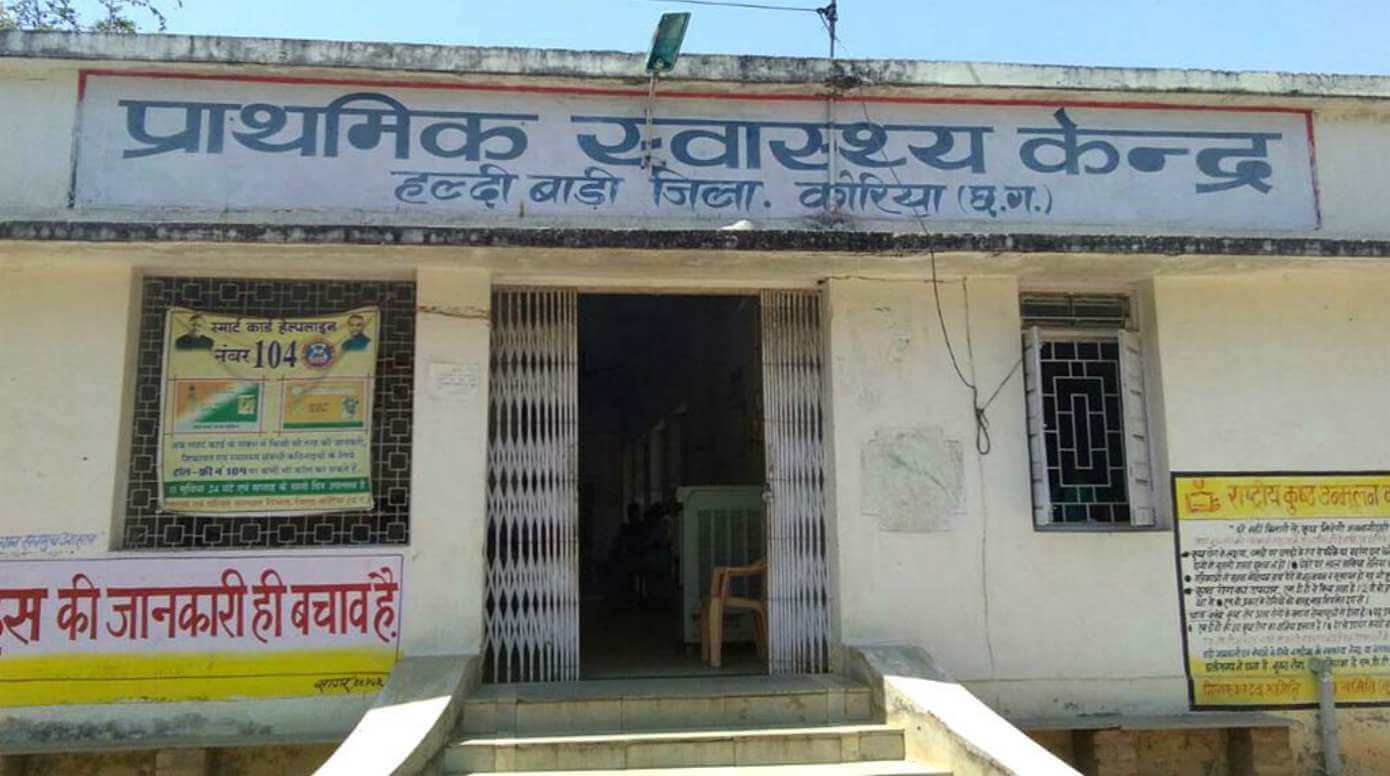American multinational healthcare company Abbott, in collaboration with Americares India Foundation, has announced completion of upgradation of 216 Primary Health Centres (PHCs) to Health and Wellness Centres across 12 states of India since its program started in 2022. Aim is to provide quality healthcare accessible to all at affordable cost.
As a part of the scale-up, Abbott will upgrade more than 300 PHCs to Health and Wellness Centres (HWCs) in India by 2026, potentially benefitting over 9 million people across 12 states, as per a statement released by the company. These include Maharashtra, Goa, Haryana, Karnataka, Tamil Nadu, Uttarakhand, Rajasthan, Uttar Pradesh, Gujarat, Chhattisgarh, Himachal Pradesh, and Jharkhand.
Ambati Venu, Vice President, Abbott India said, “Upgrading Primary Health Centers advances access to affordable healthcare services and infrastructure, and fosters proactive health-seeking behavior within communities, promoting early diagnosis and effective treatment. This is particularly crucial to help address India’s significant burden of non-communicable diseases (NCDs). Demonstrating the impact, we have seen positive outcomes with increased footfall for availing health services in these upgraded centres. This effort aligns with Abbott’s goal of expanding access to quality care in India.”
What are PHCs?
A Primary Health Centre (PHC) is a state-owned rural and urban health facility that forms the foundational unit of India’s government-funded public healthcare system. Established in 1952 based on the 1946 Bhore Committee’s recommendations, PHCs act as the first point of contact between the community and a medical officer.
Primary Healthcare Centres or PHCs act as linchpin in rural health services in India as they are the first point of contact between the community and a medical officer. PHCs are envisaged to provide integrated curative and preventive healthcare to rural population, which is a majority in India. There are three tiers of rural health institutions- Sub Health Centre, Primary Health Centre (PHCs), and Community Health Centre (CHCs).
Despite the prescribed standards on the availability of facilities in PHCs, not all of them have adequate facilities. From shortage of doctors to physical infrastructure and drugs, there are many bottlenecks to the effective functioning of PHCs in the country.
How healthcare has improved?
The 127 PHCs that were in the initial phase of upgradation are showing improvements in care infrastructure, service delivery capabilities, and community support for health services. The statement released by the American multinational healthcare company says that there has been an 18% increase in outpatients was reported in 2024 as compared to 2022. There has been more than 75% increase in the number of lab tests conducted across these centres in 2024 compared to 2022.
The initiative has led to Greater community engagement and awareness, equipped healthcare workers and support staff with key information to guide people on prevention and healthy lifestyles, and ensuring timely disease detection. This has also led to infrastructural improvements, and the adoption of tools and processes that streamline diagnosis and care processes for faster care delivery.
What has been upgraded in the PHCs?
The local upgradation efforts include screening and management for NCDs and communicable diseases.
Emergency medical services including oxygen support, dialysis, medical emergency stabilization services, stretchers), ENT and geriatric care services.
Yoga rooms have been introduced for healthy lifestyle, and more.
Other focus areas include maternal health, and neonatal care, as well as supporting childhood and adolescent health.
The centres are also well-equipped with essential medical instruments. These include ECG machines, digital spirometers, binocular microscopes, instruments supporting screening, adequate refrigeration capacity, and more.
The centres’ fundamental infrastructure provisions have also been strengthened with water, sanitation, and hygiene interventions, enabling access to safe drinking water and separate, clean washrooms and hand wash stations.
Americares have put in 250,000 hours of training till date for PHC health workers and Accredited Social Health Activist (ASHA) workers. Till March 2025 4,388 PHC-level health workers and 5,460 ASHAs have been trained.
Aim is to reduce existing gaps in healthcare in India
The initiative optimizes essential resources and eases the burden on secondary and tertiary healthcare facilities. This initiative aims to build healthier communities and reduce healthcare gaps across the country.
VS Chandrashekar, Country Director, Americares India Foundation said, “To lessen India’s disease burden, upgraded primary health centres in line with the government’s Ayushman Bharat initiative play a vital role in making quality healthcare more equitable and accessible. We aim to continue driving efforts to improve infrastructure, strengthen service delivery capabilities, promote health education, and support community health workers. This can help these centres better serve people’s healthcare needs across various stages of their lives.”


